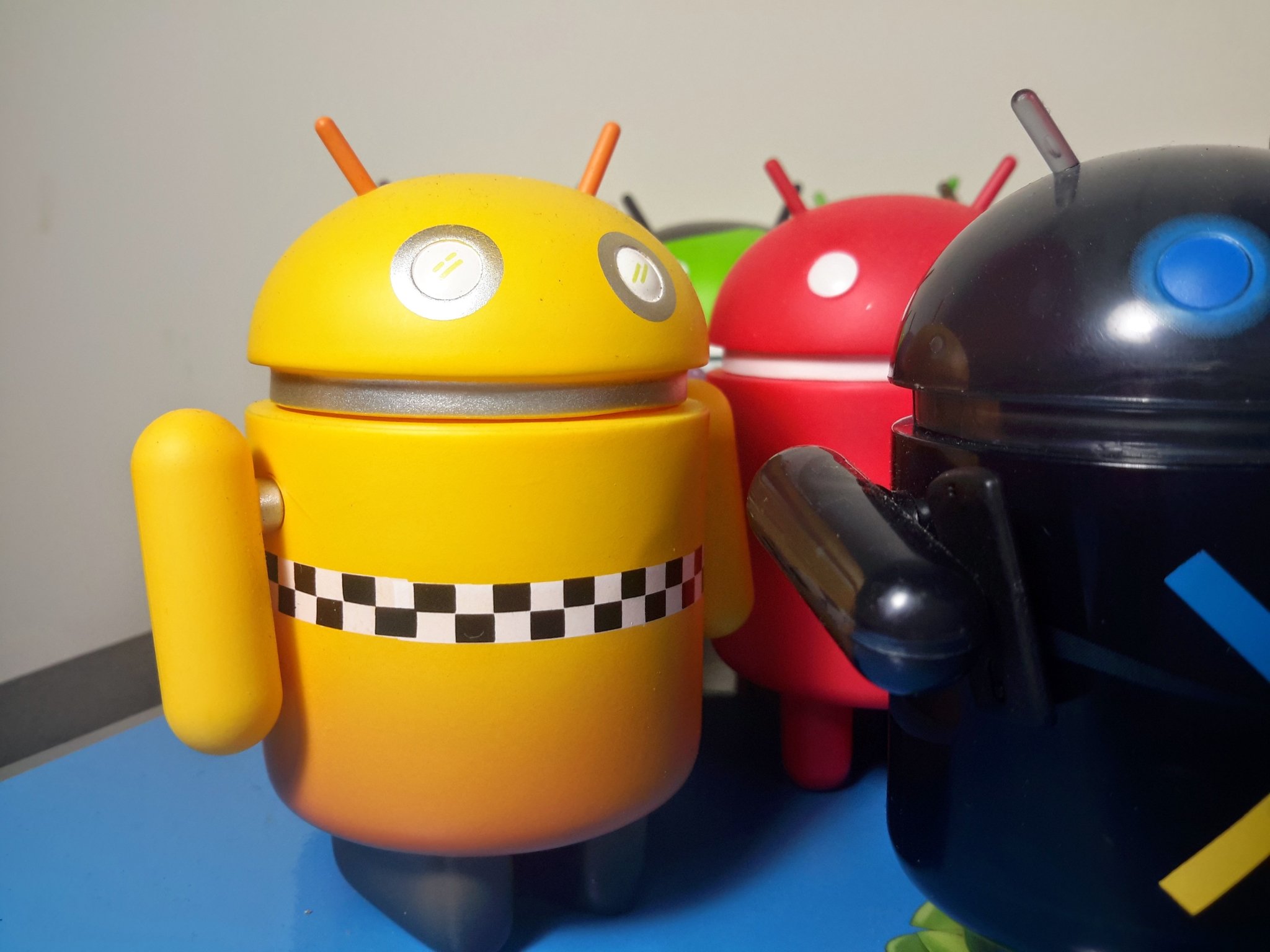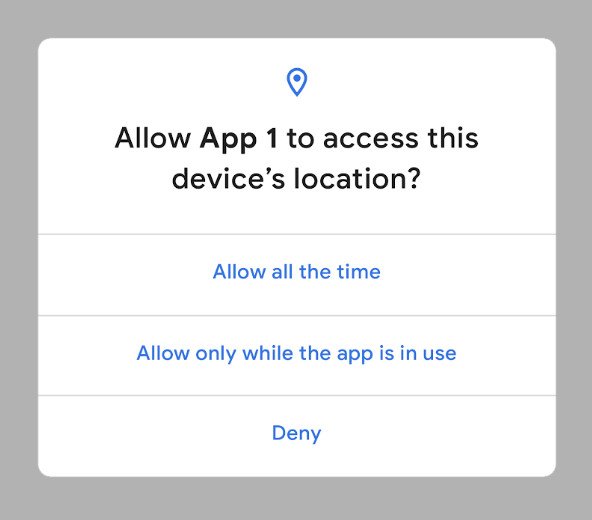Another Android release means another essential privacy protection is here and that most users won't see it for a while.
Android Q addresses one of my biggest gripes about Android when it comes to privacy: you can tell an app that it doesn't get to track your location when you're not actually using it.
We've all seen an app request access to our location and up to now, we've been able to say yes or no when asked. The new behavior in Android Q adds an "only when the app is in use" option. It's a simple change to the user experience that likely needed about a gazillion changes in the Android code to implement. I love it when I get something that I've been wanting.
I love it less when it's just a teaser that I don't really get because my phone won't see the update for a while. Yes, once again, the ugly fragmentation word gets to rear its head.
Like most of you, I don't use a Google Pixel as my phone. I have one here and it's all set up and ready to go, but it's just not the phone I like to carry around every day and do all my stuff with. I'm not going to knock it — the Pixel is a fine phone and I actually like the less is more direction Google is going with them, but I like my BlackBerry KEY2 better. But I also like knowing some app I downloaded on a whim isn't tracking where I am whenever it likes because I set it to access my location to make all its features work.
What I don't like is being forced to decide which thing I want more. That's not just whiny blogger talk here; you've probably been in the same position and know that there are changes in the way Android works, but to get them, you need to use another phone. We can go on and on about who is to blame when it takes too long to see an Android update on every phone or why it is the case, but that doesn't really help. Especially when it involves something you think is important. In fact, most of the time the fragmentation word doesn't really matter.
Think of the last time you downloaded an app from the Play Store and it didn't work because you didn't have the right version on your phone. Chances are that hasn't happened, and the apps you use work the same as they would on a phone with another version of Android. Things are the same when it comes to app security; Google has taken the steps needed to make sure apps aren't misbehaving through Google Play Protect, which monitors the apps on your phone independently of the operating system.
Most times fragmentation is only a word used to get your clicks. Not always, though.
Sometimes, though, as is the case with the new location permissions in Android Q or the then-new encryption options in Android Marshmallow, you just need the latest version to have essential protections to your privacy or new features you think are a must. And if those changes and features are important enough, you might think about switching phones for them. I know I am right now, and even though there is nothing we can do about it, no easy way for Google or Samsung or whoever to fix it, and we've been getting along just fine without it for a while, it still can be frustrating.
You'll be reading a lot about Android Q and what it has to offer compared to older versions. Unless you use a Pixel phone, you'll also be wondering when you get to see these features and changes, and might get a little frustrated at Google or the company who made your phone. Remember, you're not alone. In fact, you're in the huge majority here — it's going to be about a year until most other phones can have any of this stuff. Don't let it rub you the wrong way, and I'm going to try and do the same.
from Android Central - Android Forums, News, Reviews, Help and Android Wallpapers




0 comments: